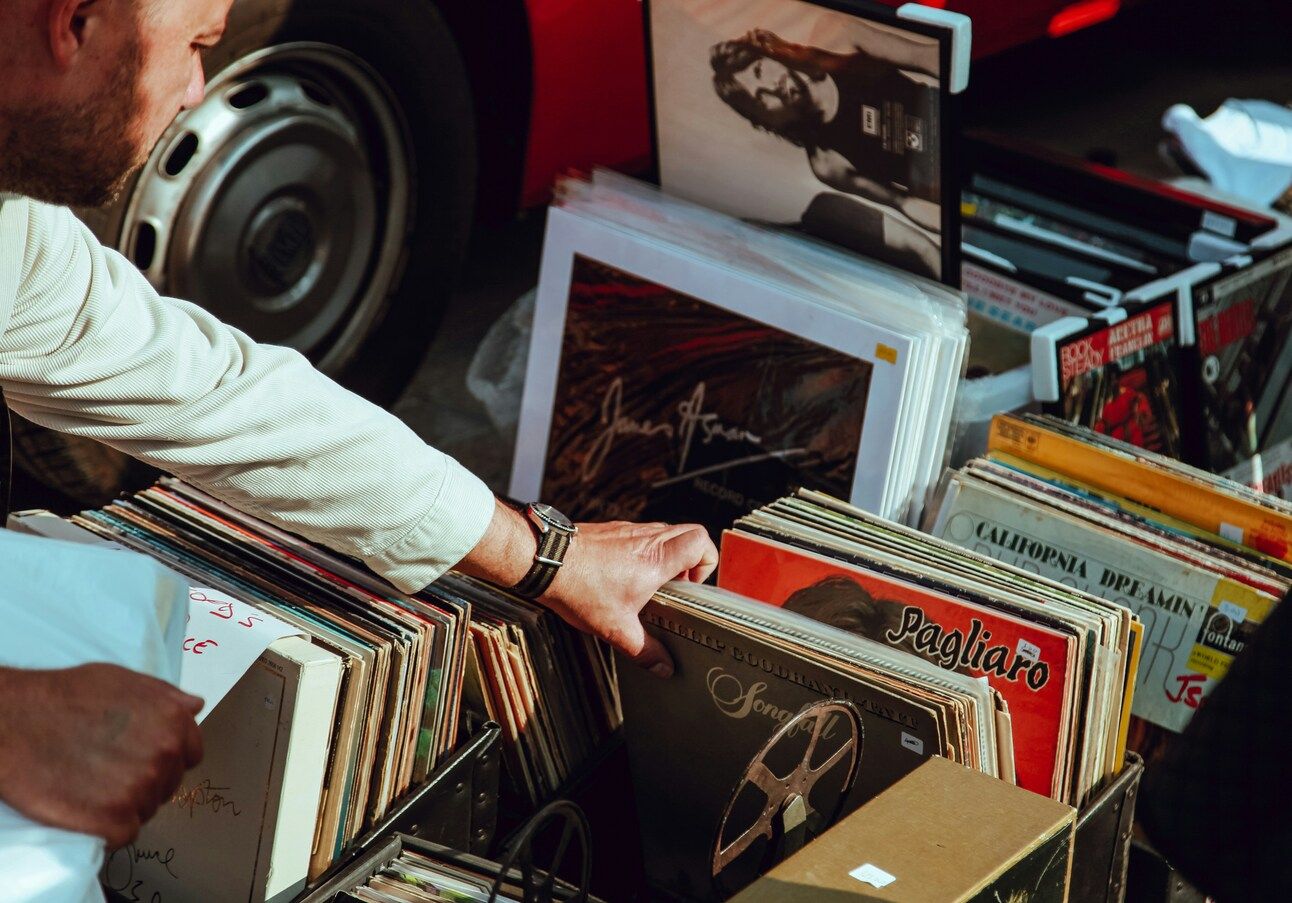One hundred years from now, you and I will both be dead. But don’t fret, my friend. Everyone you know will also be dead. All your children, your friends, your pets, and your family: dead.
After your funeral, the physical things you cherish and hold dear will mostly be given away or sold. That’s why they call it an “estate sale.” The home you live in today will be inhabited by total strangers or torn down to make way for something new.
See, everything on earth will rust or rot, and that’s what will happen to most of the stuff you covet today. Lots of it will be rusting or rotting at the bottom of a landfill—or owned by a total stranger. That priceless vinyl record collection you’ve spent a lifetime procuring, dusting, insuring, and protecting? It’s called “priceless” because it’s most likely worthless to anyone but you.
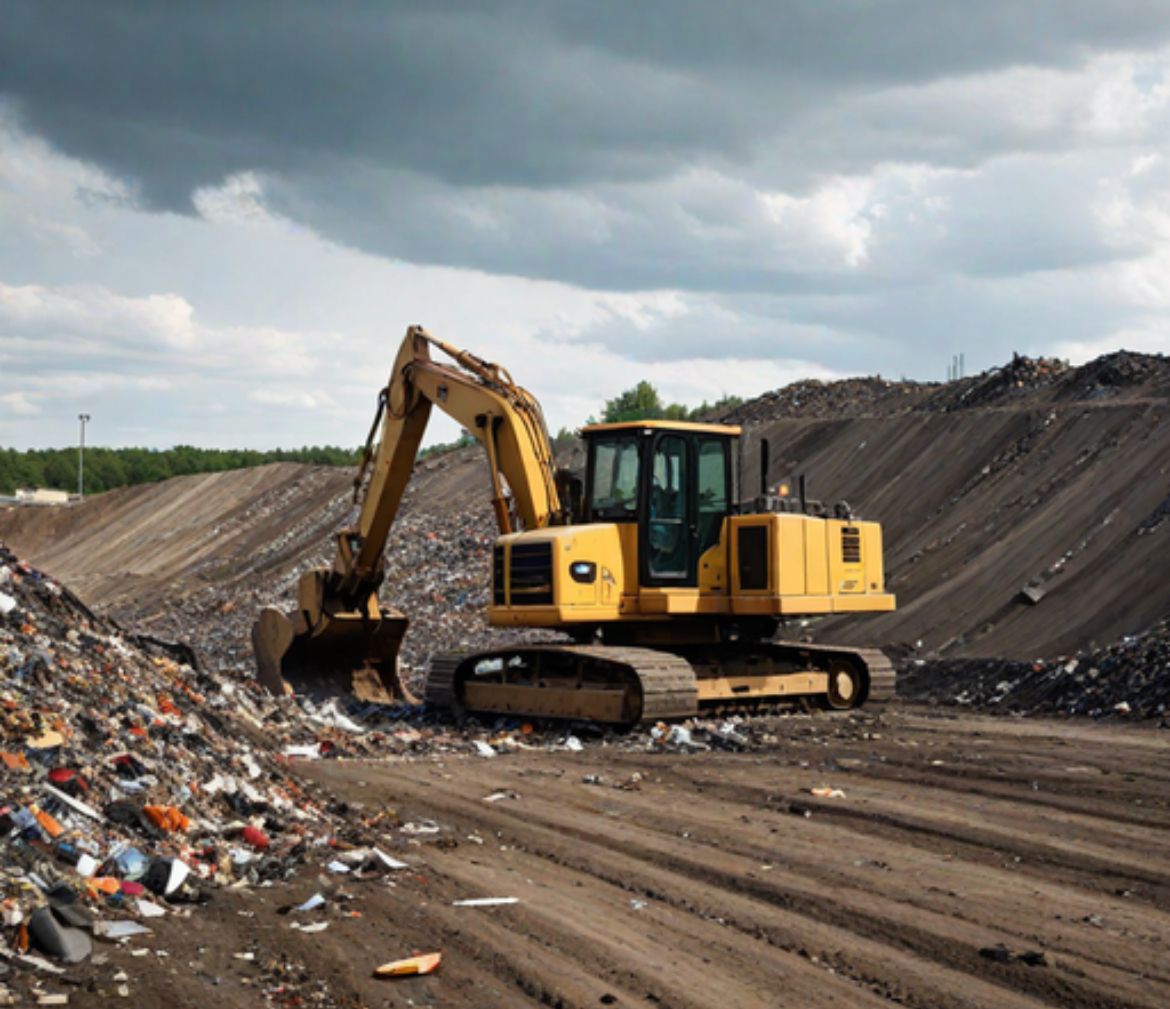
Courtesy of hotspot.ai
First time reader? Subscribe for free by clicking here.
That sweet automobile you worked so hard to afford? The one that tells all your friends and neighbors that you’ve arrived? It’s been crushed into an 18-inch hunk of rusting steel. The only remaining evidence of your ownership is the Wendy’s french fries you dropped between the seats years ago. They went down with the ship.
What about my grandchildren and great-grandchildren? Surely they’ll remember me, right?
Okay, let’s assume you die at age 80 and you have a ten-year-old grandson. It will only be 75 years before he will be the last person on earth who knew you. If you’re lucky, he will have saved a few iPhone videos and photos of the two of you together in happier times.
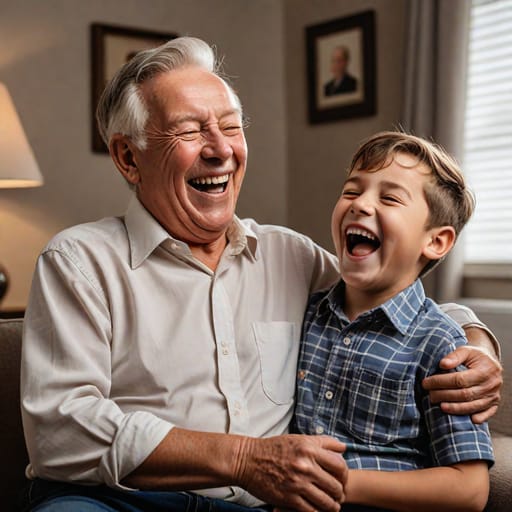
Our grandchildren’s grandchildren will have never even heard of us. They likely won’t know our names or anything about us unless they’re really interested in genealogy.
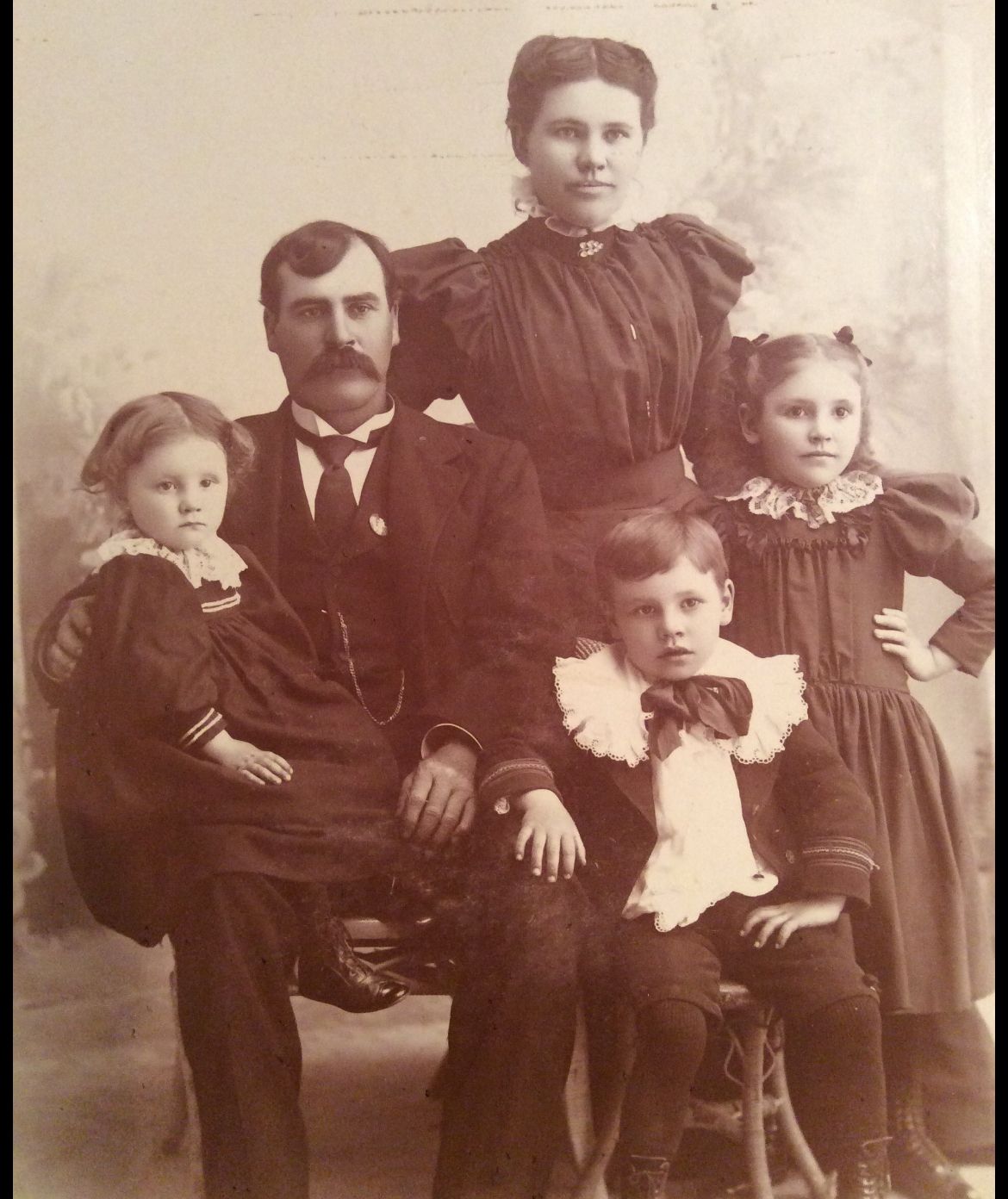
My great-great grandfather courtesy of Ancestry.com.
My father died in 2000, less than 25 years ago. If he were alive today, he’d be 103. He lived in the same city for over 35 years and worked at the same job for 37. Not a single person at his company even knows he worked there. Only a small handful of people on earth remember meeting him. And, that number grows smaller every year. My daughter never met him or any of his four brothers and sisters. He’s only been gone 24 years.
Here is the only thing on the internet that proves he existed: his World War II draft card signed in 1942. He was 21 years old.
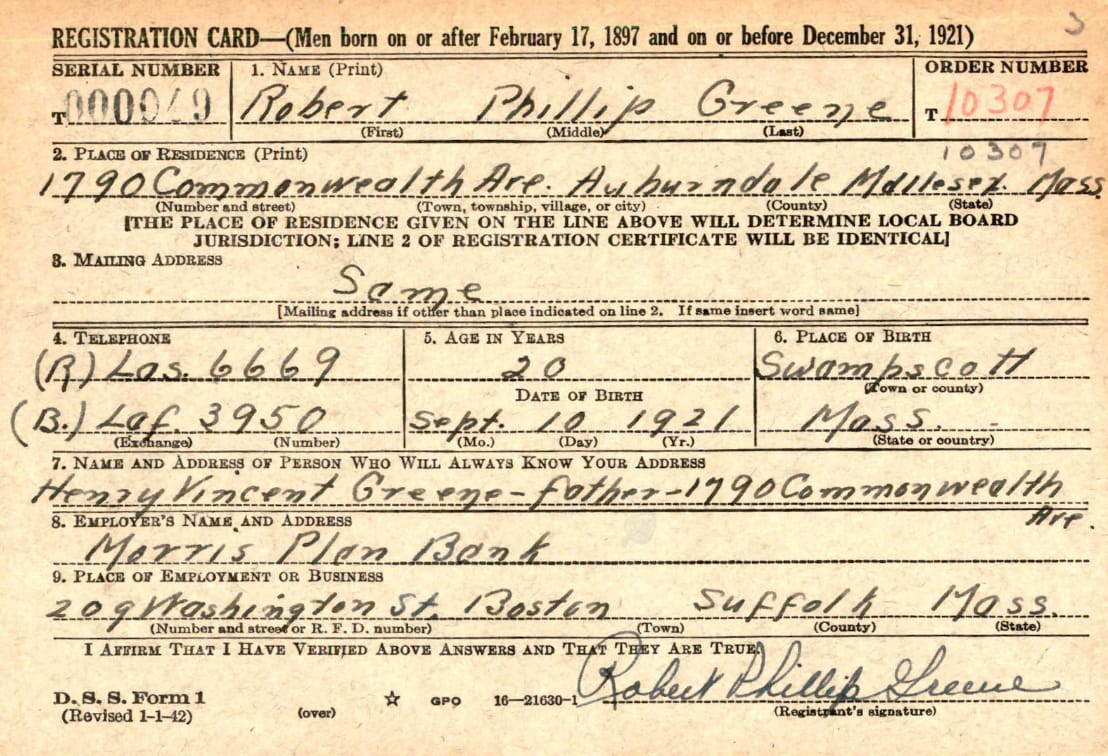
courtesy of Ancestry.com
See, after we die, we’ll only be remembered for a few short years. Depressing, huh? Few people, if anyone, will ever visit your grave.

Maybe it’s the reason why a recent study found that 23% of Gen-Z kids want to be famous. But is being famous the key to avoiding eternal irrelevance?

I seriously doubt that today’s social media influencers will be remembered after their deaths. Some new, younger, hipper influencers will take their place before the funeral flowers wilt.
Cresting the Waves
The English philosopher and writer Alan Watts (1915-1973) described life as being like the course of a ship on the ocean. The ship plows forward, breaking through the surf. It crests waves, some small and some so enormous they appear to almost sink the ship. But the ship travels on.

Behind it lies the wake, the evidence of its journey. The further the boat travels, the harder it is to see where the ship has been. In time, that wake just disappears into the ocean. It’s the same way with the memory of our lives on earth. Time and distance are not our friends.
Given that our time on earth is fleeting, it’s important to ask yourself the question: “What will I leave behind?”
It’s typically our less desirable traits that are passed down to our children and grandchildren. In many cases, those less desirable traits become our entire legacy.
Just imagine if your ancestors had been more mindful about what they were passing on to future generations. Imagine if your great-grandfather resisted that insatiable desire to drink alcohol and abuse his wife after the war.
Imagine if your grandfather broke the cycle of abuse before he passed it on to his only son. Imagine if your father had been able to conquer his demons before alcohol destroyed your parents’ marriage.
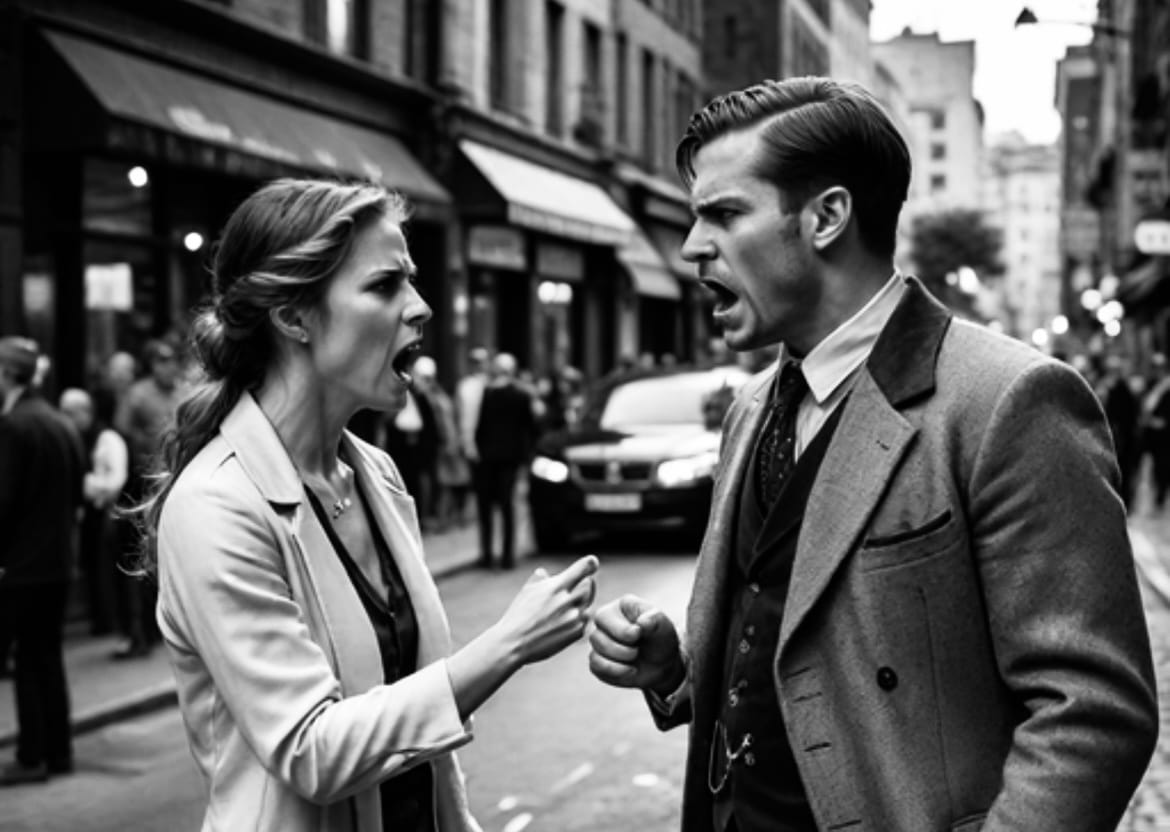
Three generations and hundreds of lives later, the destruction and despair are incalculable.
How different all those lives would have been if someone had just stopped the madness. See, we all leave a legacy in the traits we pass on to future generations, even if nobody remembers us—traits that aren’t chronicled on Ancestry.com.
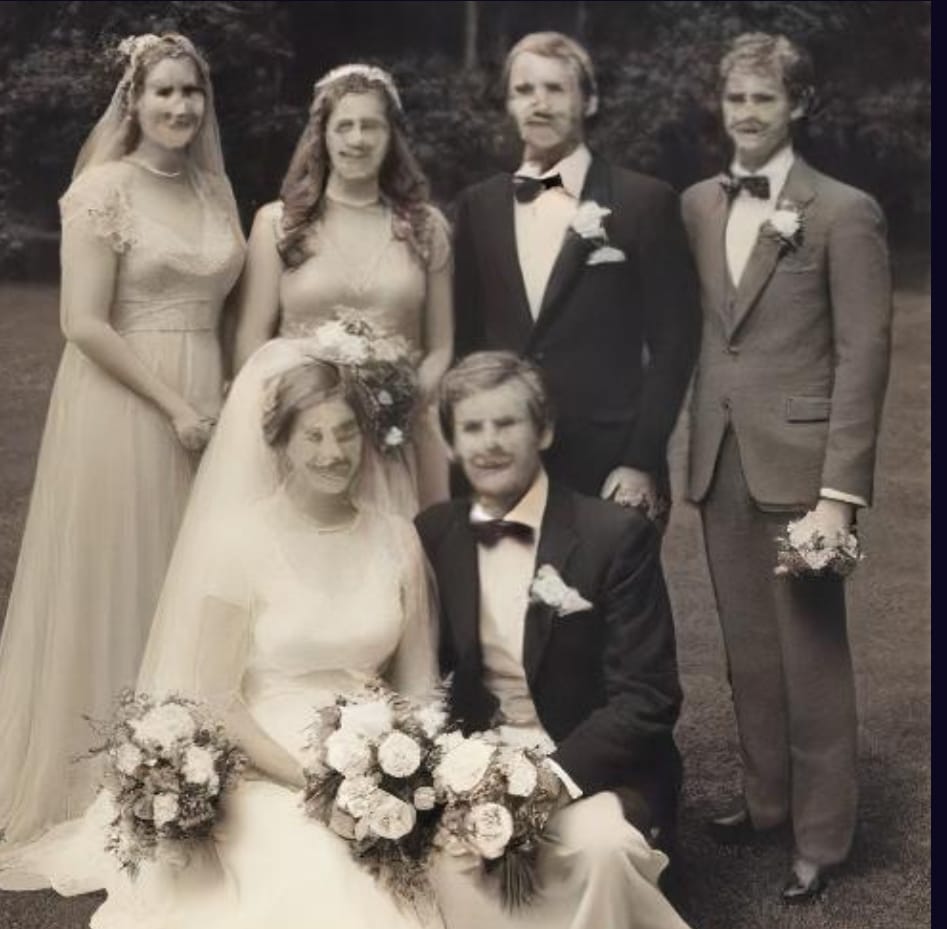
It’s up to us to recognize the patterns. It’s up to us, moreover, to break the patterns. The patterns of darkness, brokenness, hate, and immorality. The patterns of addiction and abuse. Ironically, these patterns of behavior are likely your deepest connection to your people and your past. (Blink twice if this is starting to sound familiar.)
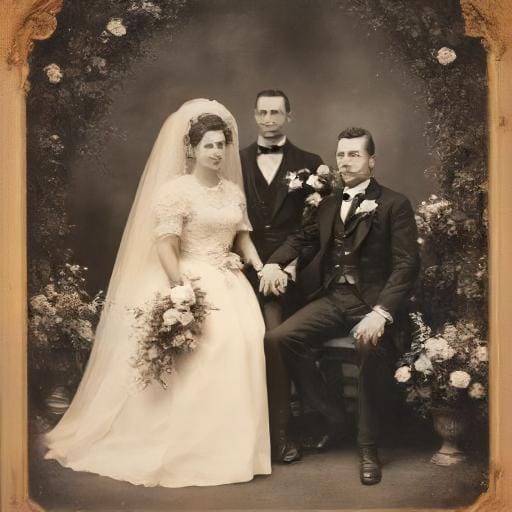
Yes, your time on this earth is short. And, your children and grandchildren don’t want your stuff. However, you can leave a positive and lasting legacy if you seek to break these patterns.
“A society grows great when old men plant trees whose shade they know they will never sit.”
Rather than focus on leaving that priceless vinyl record collection to your children and grandchildren, seek to leave behind something much more valuable—something that will live on long after you’re gone.
Seek to promote the truly priceless patterns of health, prosperity, faith, goodness, righteousness, and love to future generations. After all, these are the kinds of traits you want to be remembered for.
If you want to have more thought-provoking conversations, visit my website (click here). You’ll find over 100 more articles like this one.
We are both here for thought-provoking conversations. Please click the button below to start a conversation with me. I read and respond to ALL comments.


